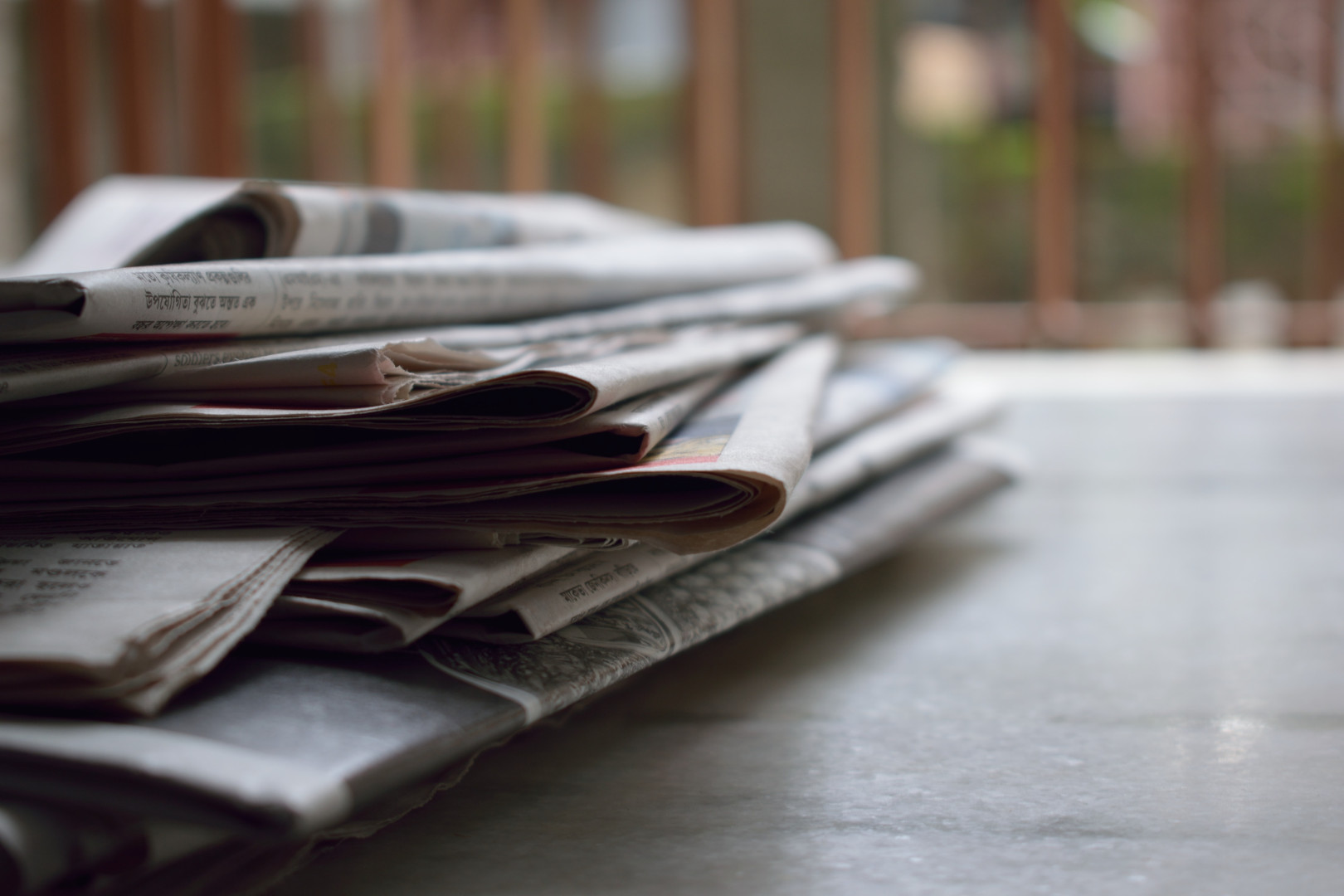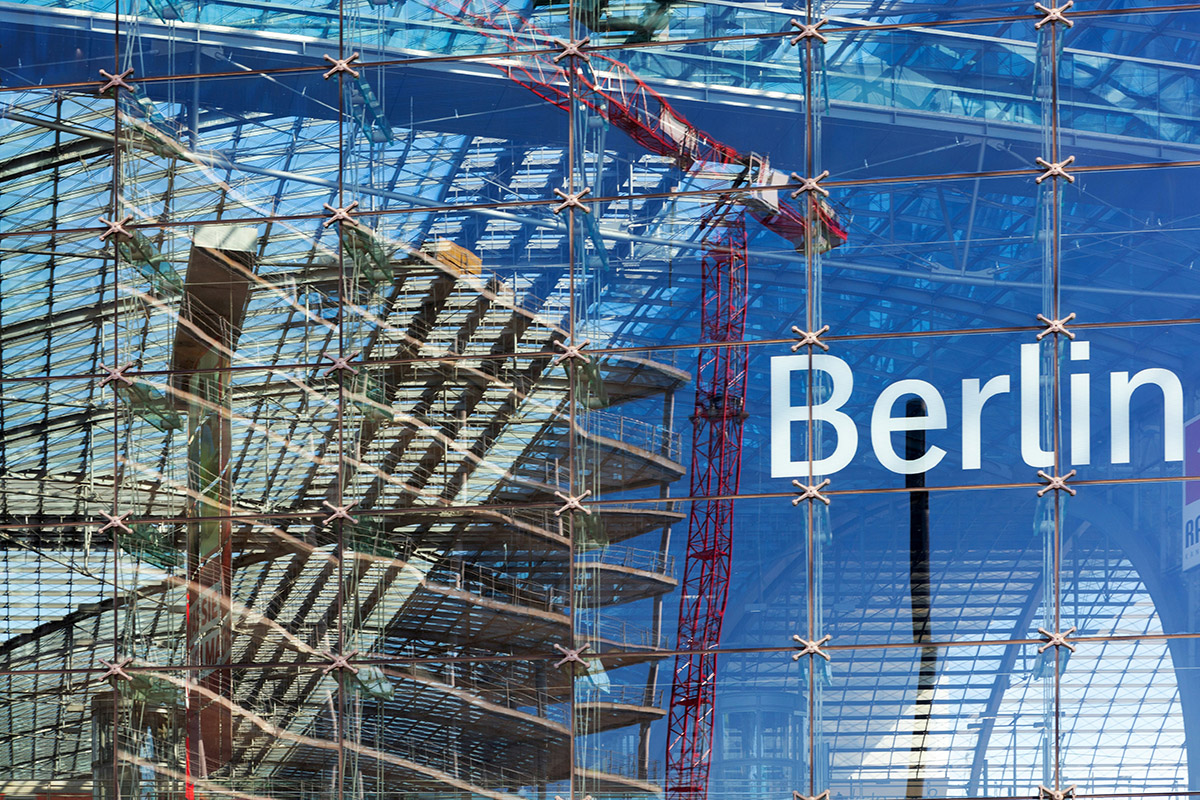Gregor Kleinknecht: Don’t shoot the messenger

A few columns ago, I looked at the risks that lawyers take with their life and livelihood in some parts of the world, simply by going about their profession. Today, I want to look at another profession that can find itself – quite literally – in the line of fire: journalists. A free press is one of the pillars of a functioning liberal democracy and individual journalists are those who secure and defend that press freedom for us. The publication at the beginning of November of In Extremis, the biography of iconic war correspondent Marie Colvin, reminds us of those who perhaps take the most extreme risks.
Jamal Khashoggi perhaps represents those around the world who work against the odds to fight repression in a more mundane but equally important way. Mr Khashoggi’s unacceptable fate rightly drew severe criticism from around the world, including in an act of self-serving cynicism that is hard to trump from two politicians who have made it their favourite pastime to insult journalists and to portray them as enemies of the people in one case, or simply have them routinely arrested and locked up as supposed terrorists in the other case. Unfortunately, Mr Khashoggi is not alone: according to Reporters Without Borders, an independent representative organisation defending and promoting freedom of information, 63 journalists have been killed so far this year in connection with their journalistic work. Pen International holds an annual World Press Freedom Day to draw attention to the dangers they face.
So what does the law do to protect journalists? Actually, surprisingly little that is specific to the important role they play in society. In countries in which journalists routinely face censorship, political and economic pressure, the abuse of defamation laws, as well as intimidation, physical attacks, detention and imprisonment, the rule of law is unfortunately normally also in a precarious state and the law is often the very tool used to repress journalists. But we don’t need to look far to find problems: journalists routinely face threats right here in Europe. In January 2015, the Parliamentary Assembly of the Council of Europe adopted the Resolution on protection of the safety of journalists and of media freedom in Europe. In April 2016, the Committee of Ministers of the Council of Europe adopted a recommendation on protection of journalism and safety of journalists and other media actors, indicating as alarming and unacceptable the level of current threats to journalists and media actors in Europe. In his 2017 report State of Democracy, Human Rights and the Rule of Law, the Secretary General of the Council of Europe assessed the level of protection of journalists and other media actors in member states against specific criteria. He identified a trend that saw a decline in protections for journalists in recent years and warned that this trend continues. Given its role, the Council of Europe focuses on the protection of journalists on a human rights level. Further afield, the International Committee of the Red Cross focuses on the protection of journalists and media professionals in times of armed conflict.
So what can we do? Leading by example, and enshrining in English law specific protections for journalists acting in their professional capacity, would be a start on a wider societal and political level. On an individual level, we can all support organisations, such as those mentioned above, who represent journalists in danger and defend their rights.
Gregor Kleinknecht LLM MCIArb
is a German Rechtsanwalt and English solicitor, and a partner at Hunters Solicitors, a leading law firm in Central London.
Hunters Solicitors, 9 New Square, Lincoln’s Inn, London WC2A 3QN,
E-mail: gjk@hunters-solicitors.co.uk
TEXT & PHOTO: GREGOR KLEINKNECHT
Disclaimer: The views and opinions expressed in this column are those of the author and do not necessarily reflect the official policy or position of Discover Germany Magazine.’
Subscribe to Our Newsletter
Receive our monthly newsletter by email




